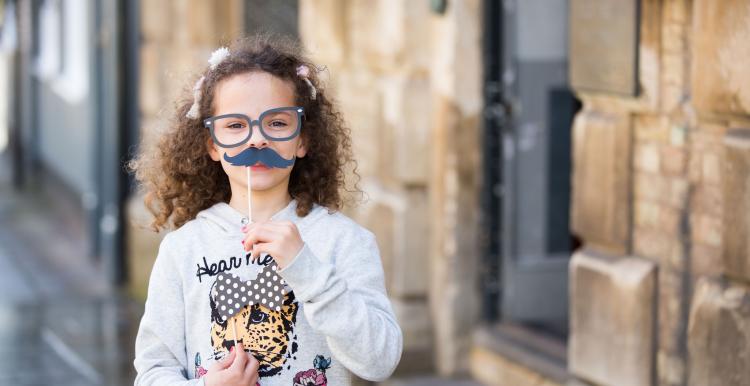Back-to-school illness advice offered to parents

The UKHSA says that these simple steps can help keep children healthy following the Christmas break, and help stop the spread of diseases like COVID, flu, colds, and norovirus in their communities.
1. Teach good hygiene habits
Regularly washing your hands with soap and warm water for 20 seconds is one of the most effective ways to stop the spread, says the UKHSA. They also promote using a tissue when coughing or sneezing.
The UKHSA also provided a link to their 'e-bug' online resources.
2. Stopping the spread of stomach bugs
The UKHSA says they have been seeing a rise in stomach bugs such as norovirus and E. coli.
The UKHSA recommends, if you or your child have diarrhoea and vomiting, washing your hands with soap and warm water and using bleach-based products to clean surfaces. This will help stop infections from spreading.
Don't prepare food for other people, avoid visiting hospitals and care homes, and don't return to work or school until 48 hours after your symptoms have stopped.
3. Spot the signs of when to keep your child at home
The UKHSA says that while your child can continue attending school if they have a runny nose, sore throat, or slight cough, they should stay at home if they have a high temperature.
If your child is experiencing diarrhoea and/or vomiting, they should stay at home until 48 hours after their symptoms have stopped.
The UKHSA says:
At this time of year, other types of illnesses that circulate are scarlet fever and chickenpox, as cases usually peak in late winter and early spring.
Symptoms of scarlet fever include sore throat, fever, swollen neck glands, a bumpy rash on the tummy, flushed cheeks and ‘strawberry tongue’. If you suspect your child has scarlet fever, contact your local GP; and if diagnosed stay away from nursery or school for 24 hours after the first dose of antibiotics.
Chickenpox is highly contagious, with the most common symptom being an itchy, spotty rash. If your child has chickenpox, keep them off school until all the spots have crusted over.
4. Get vaccinated
The UKHSA says that a flu vaccination, delivered to children as a nasal spray, is one of the best available protections against flu, particularly for young children who are vulnerable. Eligible children include:
- children aged 2 to 3 years old on 31 August in 2023
- all primary school-aged children (reception to year 6)
- secondary school-aged children (year 7 to year 11)
- children aged 6 months and older with long-term health conditions
Keeping up with other vaccinations such as measles, mumps, rubella, diphtheria and polio, is also important. The UKHSA recommends checking the childhood vaccination schedule to make sure your children are up-to-date.
5. Use NHS resources
The UKHSA says that there is lots of NHS advice and resources available to help manage common winter illnesses at home. The NHS website has a checklist to work out whether to keep your child at home or not.
Dr Catherine Falconer, Deputy Director Health Equity and Inclusion Health at UKHSA, said:
The winter period can see an increase in some of the common seasonal viruses which disrupt children’s education and cause more serious illnesses. As children head back to school, there are steps parents and families can take to keep a household healthy this January whilst also preventing infections from spreading when children are poorly. By following this guidance, parents are also protecting the wider community.
